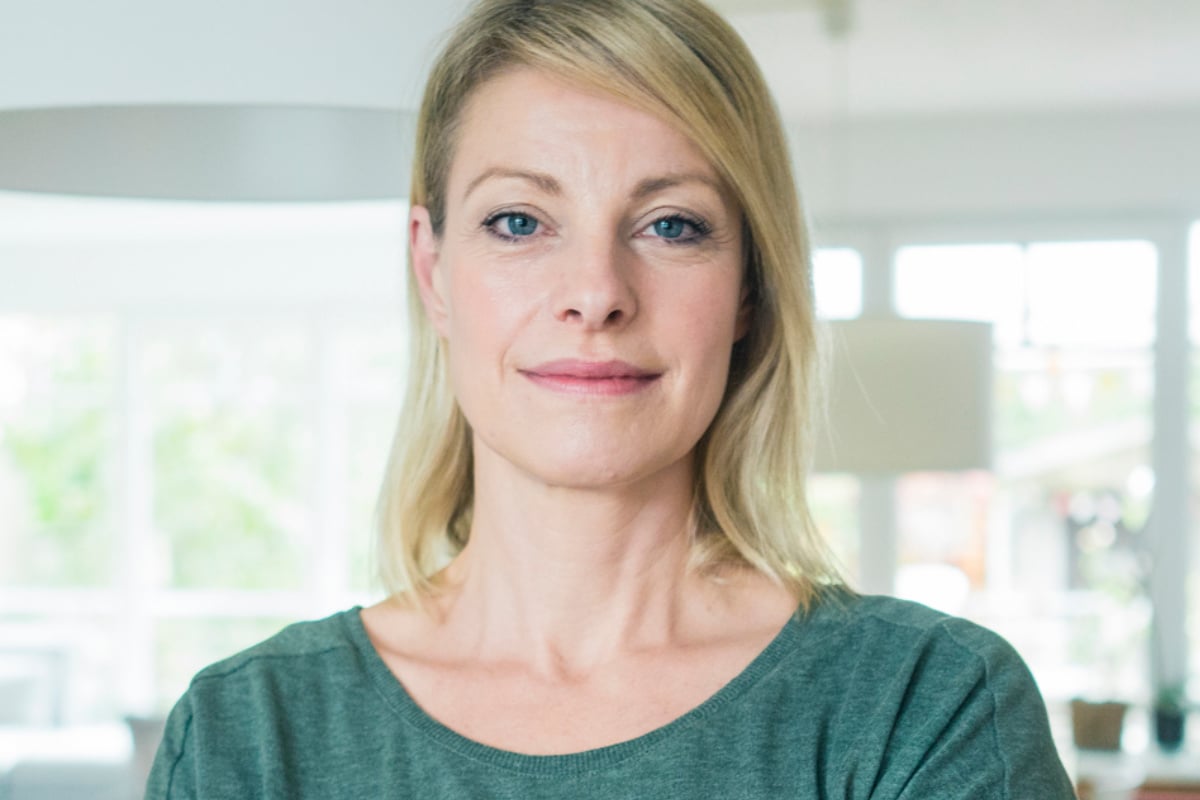
Kindergarten began one month ago, and my child is already feeling too anxious to go.
School refusal is an issue many families face at some stage, but for an autistic child, it presents a more complicated set of problems that are hard to resolve.
An autistic child lives with a heightened sense of anxiety, and being around lots of new people, while following a schedule set by an educator, is extremely difficult.
Starting kindergarten is a rite of passage for children and their families. Some families can choose a school based on location, facilities or personal experience. For other families, there are fewer choices, either due to financial circumstances or a child’s learning profile.
There are five types of parents at school pickup. Which one are you? Post continues below.
When we began kindergarten this year, I lost count of the comments made that dismissed my feelings and concerns about the road we faced. Most people assume our child wants to go and because he is verbal, that he will have no issues participating in education.

